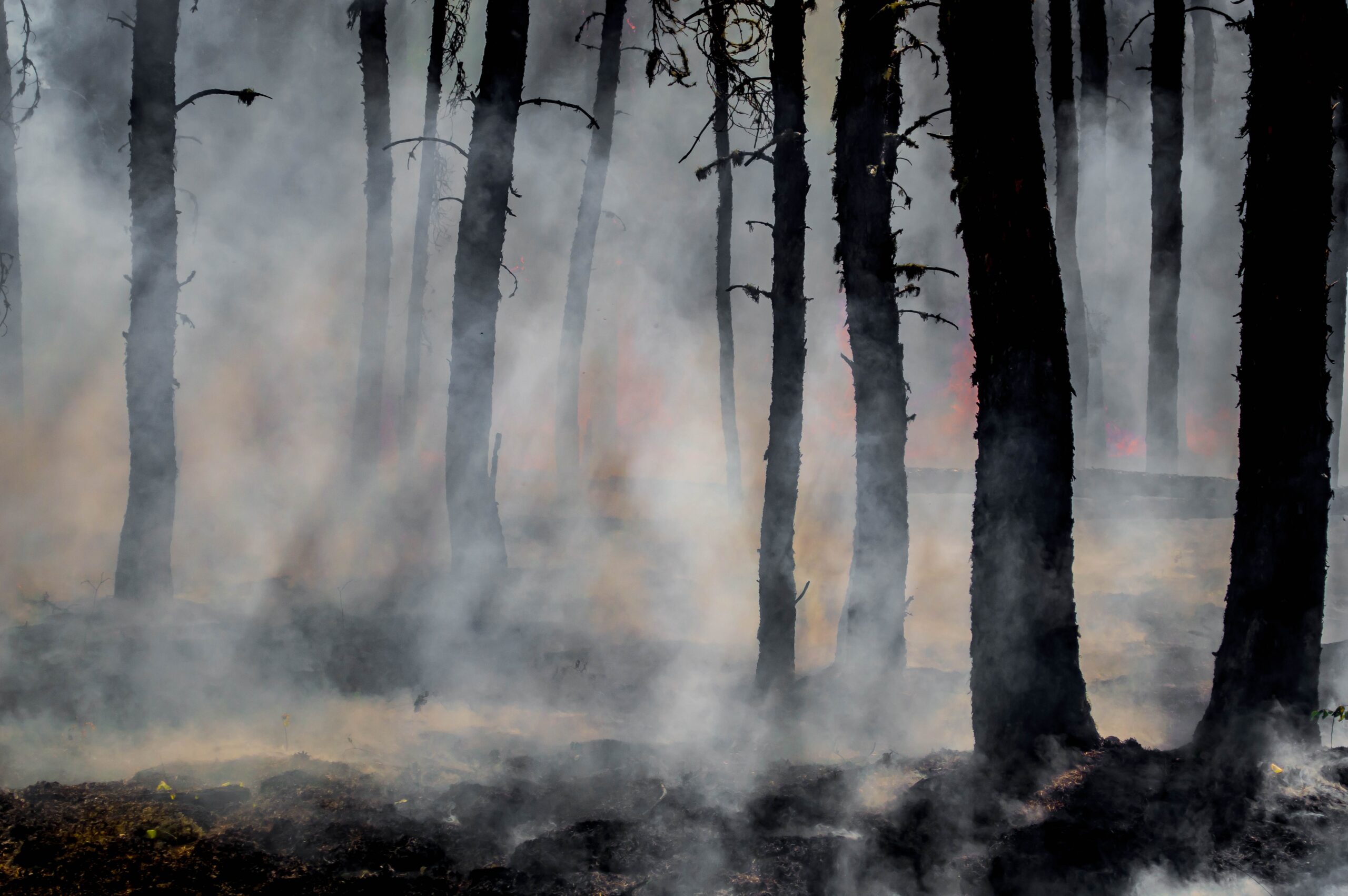Like many people, I’ve been monitoring, with dread, updates on the wildfires burning in California. The Camp Fire, which is burning north of Sacramento, has become the deadliest and most destructive wildfire on record for the state.
That fire is another sad reminder that more must be done to reduce fuel loads in many forests. Although this is a serious challenge, it’s also a significant opportunity for environmentalists to innovate. Fires not only kill and destroy property; they also damage watersheds and habitat. So environmentalists have much to gain from avoiding catastrophic wildfire, especially if they can find new ways to do so while minimizing the environmental impacts associated with traditional, commercial timber harvesting.
Reducing fuel loads is expensive. Even where projects avoid bureaucratic delays and litigation, paying for the projects can be a challenge. At a recent event hosted by PERC and the Heritage Foundation, the U.S. Forest Service’s Chris French explained the agency’s normal approach: In exchange for removing brush or managing proscribed burns, the Forest Service will allow timber companies to also harvest larger, commercially valuable trees to cover the cost.
That may solve the economic problem, but it creates a political one. Many environmental groups strongly oppose cutting large trees. Thus, including them within the project increases the risk of litigation, which can tie up projects for years.To solve the political problem, can government, neighboring property owners, and environmentalists find other ways to fund fuel-reduction projects without cutting larger trees?
Earlier this month, Blue Forest Conservation and World Resource Institute completed the first forest resiliency bond, which raises private capital to fund forest restoration projects paid back over time by the beneficiaries. In the first bond, that profit opportunity comes from a local water utility that has agreed to pay the bond back as it achieves benchmarks for protecting the utility’s reservoirs and dams from the downstream harms of catastrophic fire.
In announcing this innovative program, Todd Gartner, Nathalie Woolworth, and Adam Connaker emphasized the importance of finding ways to scale it:
Wildfires endanger the environment, economies, and health across the western United States. To avoid future catastrophic fires, we’ll need to turn to innovative partnerships like the FRB [Forest Resiliency Bond] to pay for forest health interventions across the fire-prone West. The FRB pilot in Yuba is the first instance in which private capital has been mobilized to fight wildfires in the U.S., but we will need a lot more of this kind of investment in the U.S. West with more than 50 million acres of National Forest land at risk of burning over the coming year.
Could innovations like this scale better if we lowered the cost-side of the equation? Perhaps the cost of maintaining healthy forests could be lowered while also economic opportunities to people who sorely need them.
In California, a significant amount of the work fighting fires is performed by volunteer, nonviolent inmates. Nearly 4,000 volunteers currently perform this service, after receiving general training from the state. In addition to fighting active fires, participants in this program perform conservation work and other public services.
Unfortunately, these volunteers are often unable to translate their experience into work after their release. According to the New York Times, licensing and testing requirements for firefighters effectively block people with criminal records from entering the profession.
That presents a question: could entrepreneurial environmentalists do a humanitarian service by creating opportunities for these people, while also lowering the cost of forest restoration work? If the amount of funds a forest resiliency bond must raise to treat a forest is lowered, it should be easier to negotiate profitable contracts with the beneficiaries of that work.




